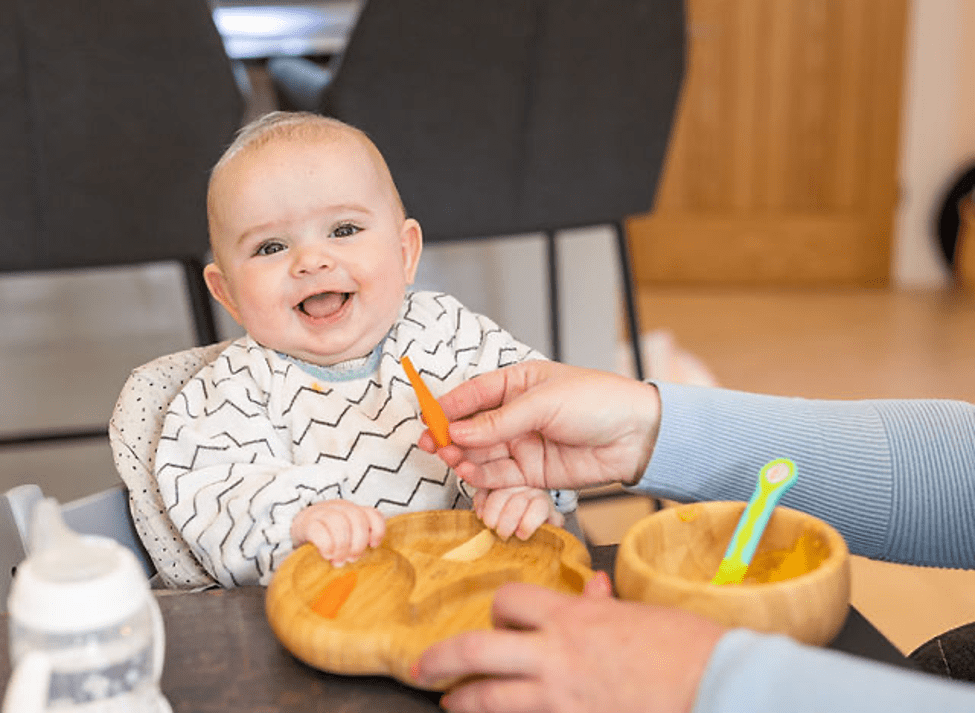Open
24/7 - 365 Days
24/7 - 365 Days
Premium Home Care experience by Highly Trained Nurses
All our Royal health group-home care nurses are Basic Life Support (BLS) trained. We place your children’s safety at paramount priority during our home Babysitting service. Our goal is to give you and your family peace of mind, knowing that your child/children are safe and happy while under the care of RHG- Home care.
We offer a personal, trustworthy, reliable and safe Babysitting service for families across Dubai. Our babysitters are educated, experienced and creative, with many holding additional Childcare qualifications.
What can our babysitter nurses Do for you


High-quality universal newborn health care is the right of every newborn everywhere. Babies have the right to be protected from injury and infection, to breathe normally, to be warm and to be fed. All newborns should have access to essential newborn care, which is the critical care for all babies in the first days after birth. Essential newborn care involves immediate care at the time of birth, and essential care during the entire newborn period. It is needed both in the health facility and at home.
Essential newborn care includes:
Baby massages have a variety benefits. With each gentle stroke, your baby will feel nurtured and loved, strengthening the bond between the two of you. Massages will also allow your baby to feel more relaxed, which may improve their sleep.
Massages may also help ease muscular tension, growing pains, and teething discomfort, as well as stimulate growth in preterm infants


Sleep is very important to your child’s health and well-being. In fact, good sleep habits start from birth
Children grow and develop rapidly, so it’s important they get enough sleep to give them the energy they need for active play and good health. Having good sleep habits, such as routine sleep times, and ensuring a relaxed, safe sleep environment can help your child get the sleep they need.
Around the age of 6 months, an infant’s need for energy and nutrients starts to exceed what is provided by breast milk, and complementary foods are necessary to meet those needs. An infant of this age is also developmentally ready for other foods. This transition is referred to as complementary feeding.
If complementary foods are not introduced around the age of 6 months, or if they are given inappropriately, an infant’s growth may falter.
Ensuring that infants nutritional needs are met requires that complementary foods be:
NURSES should take active care in the feeding of infants by being responsive to the child’s clues for hunger and also encouraging the child to eat.


WhatsApp us